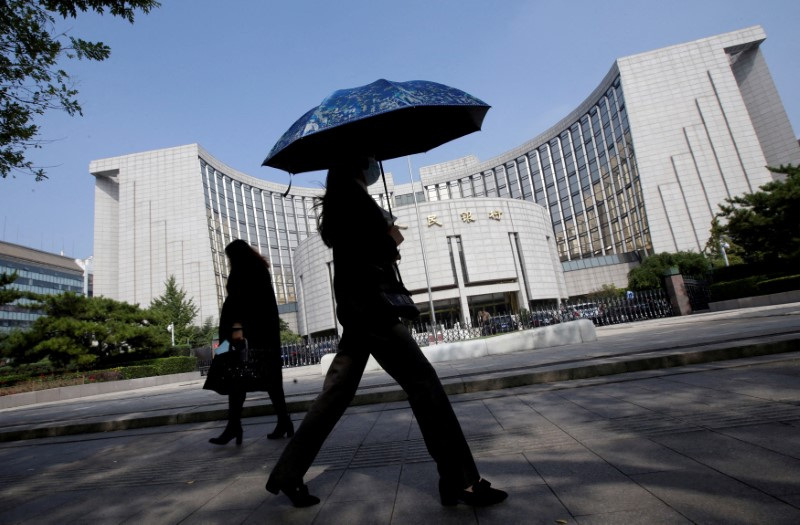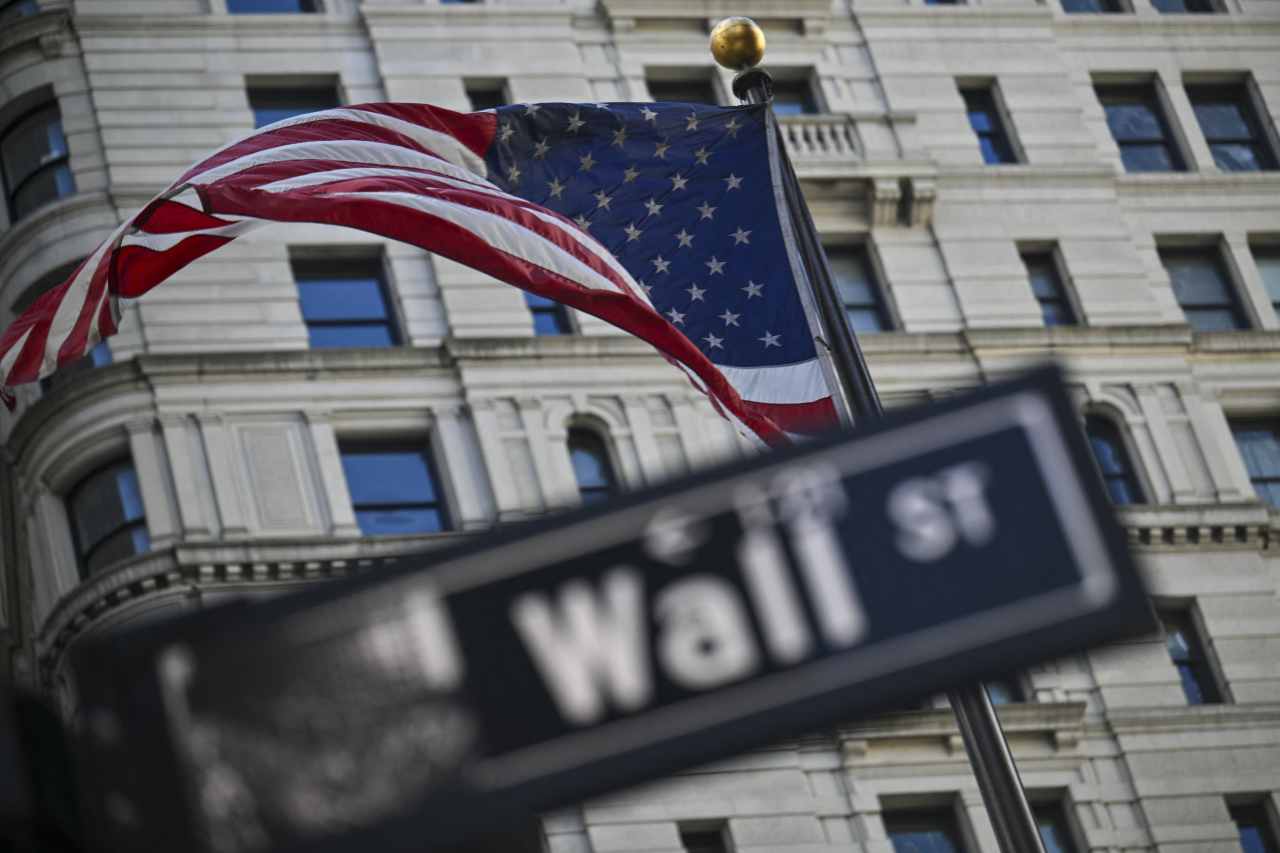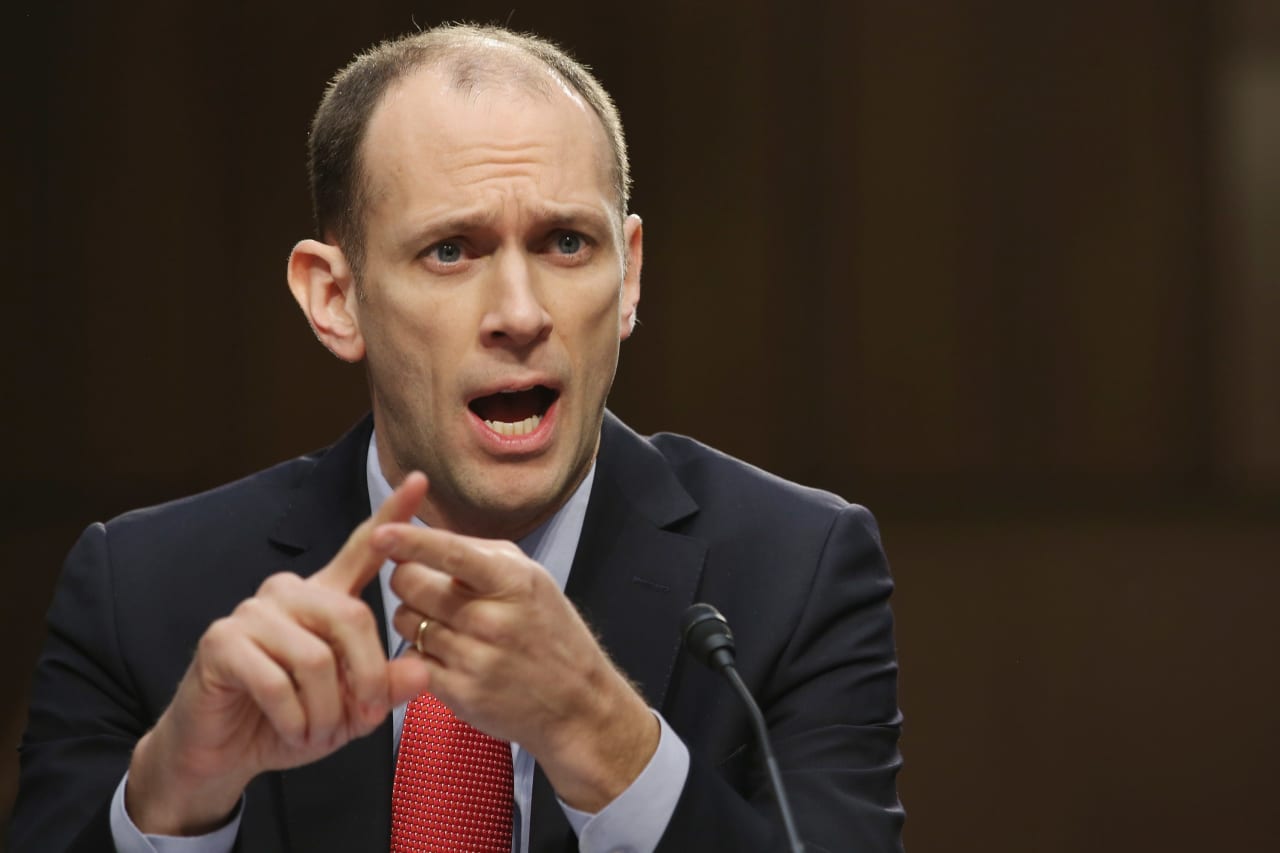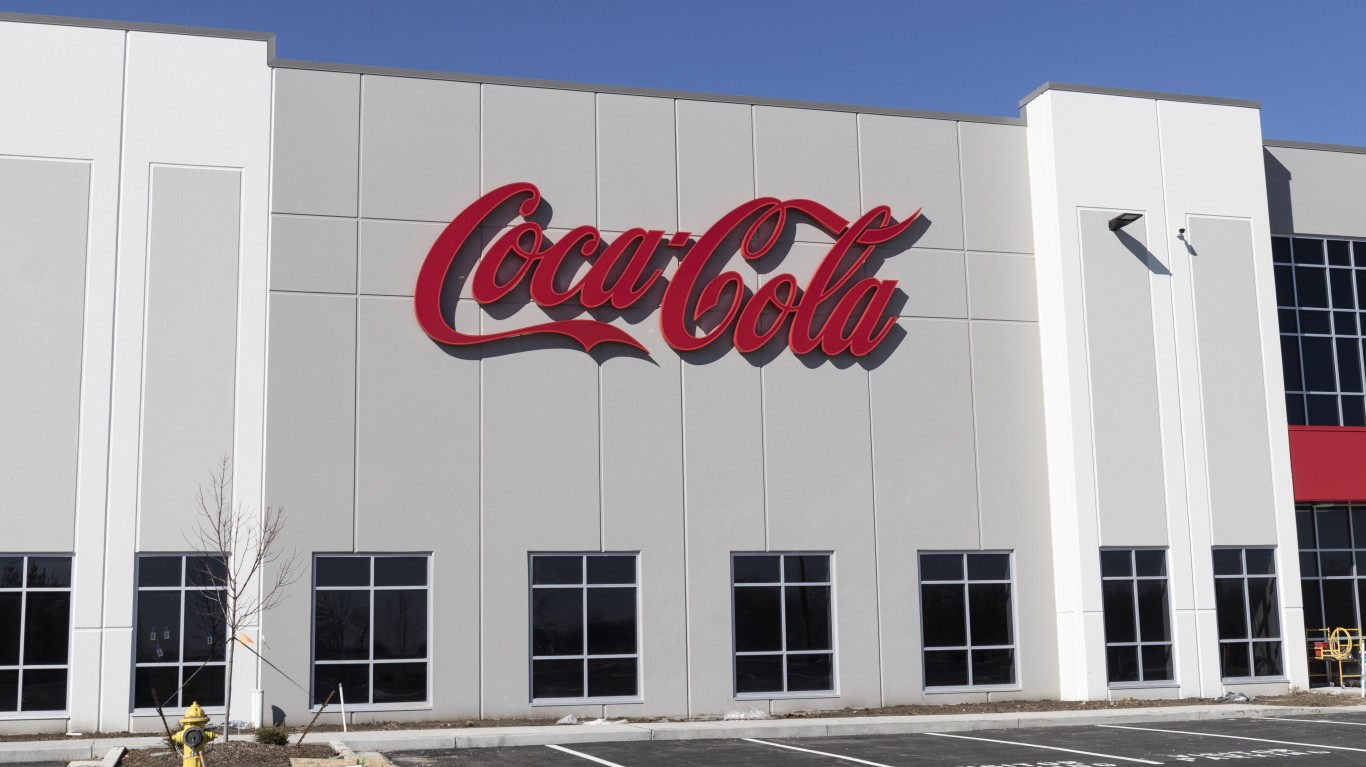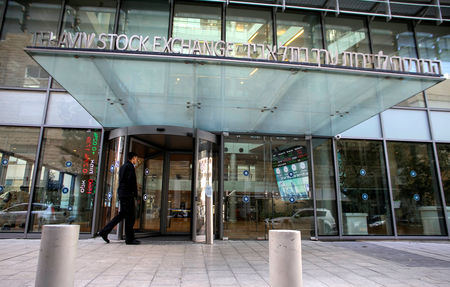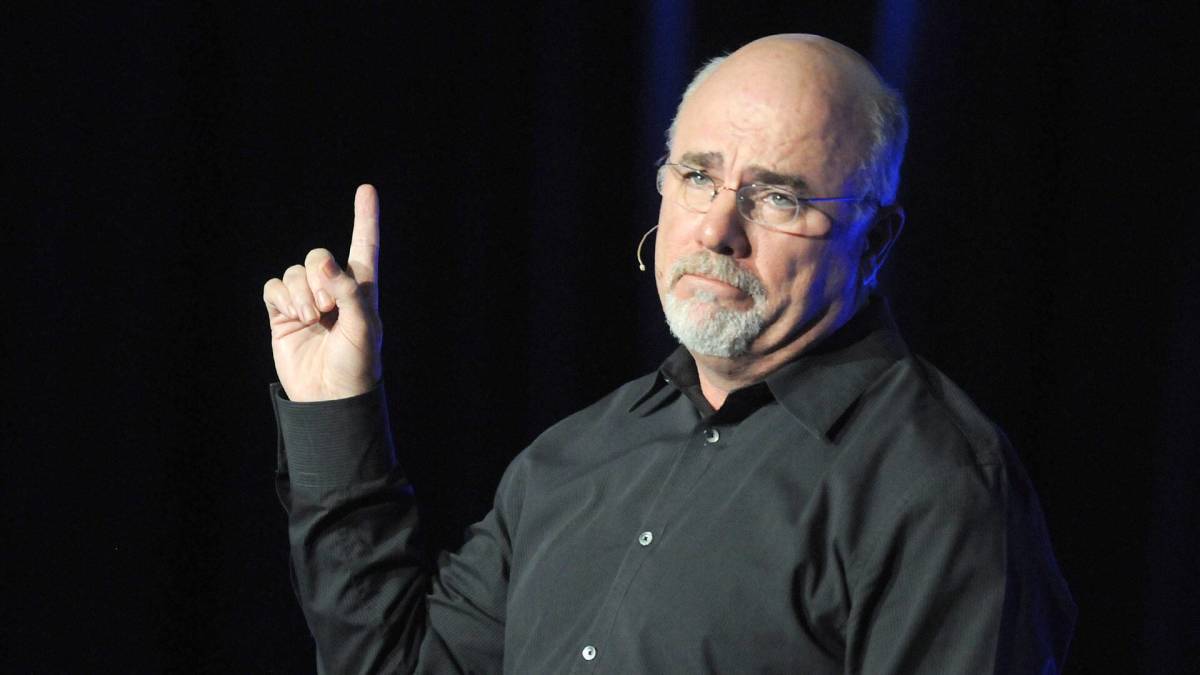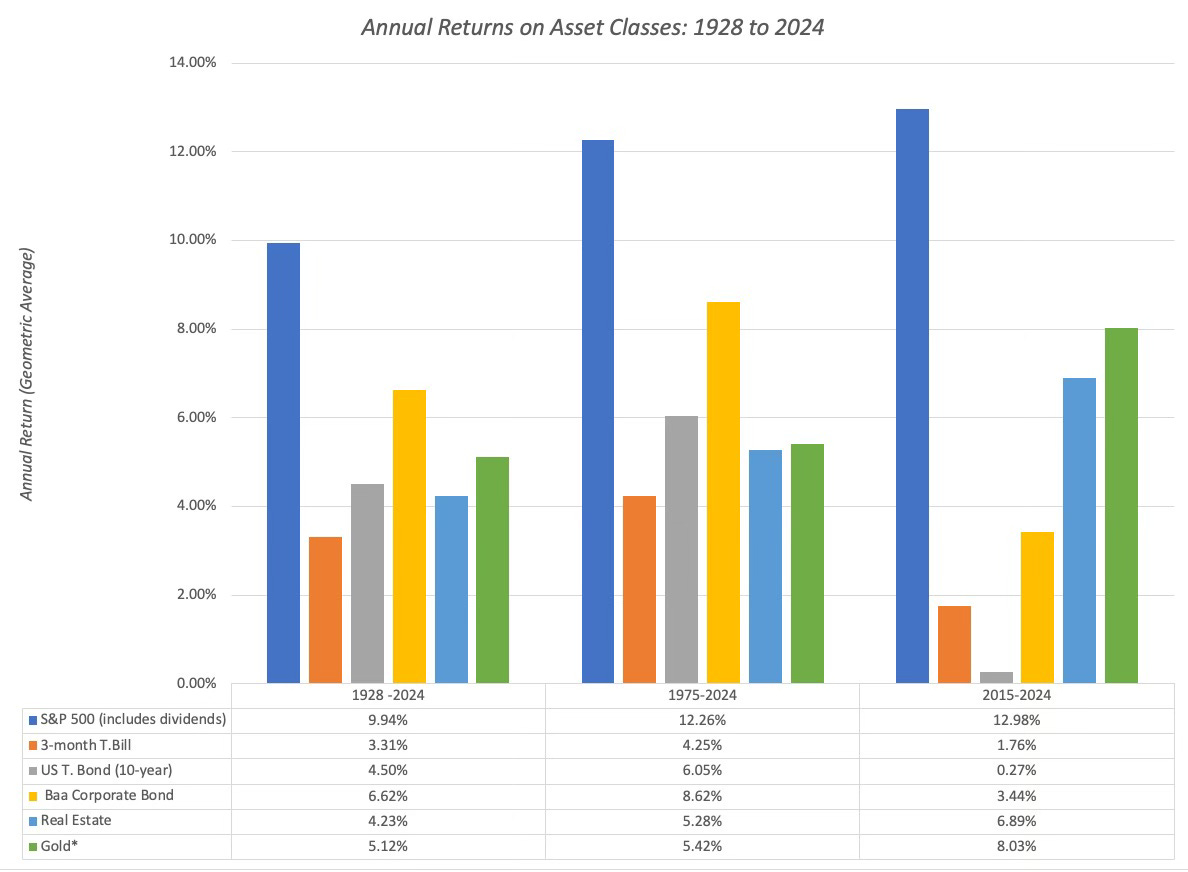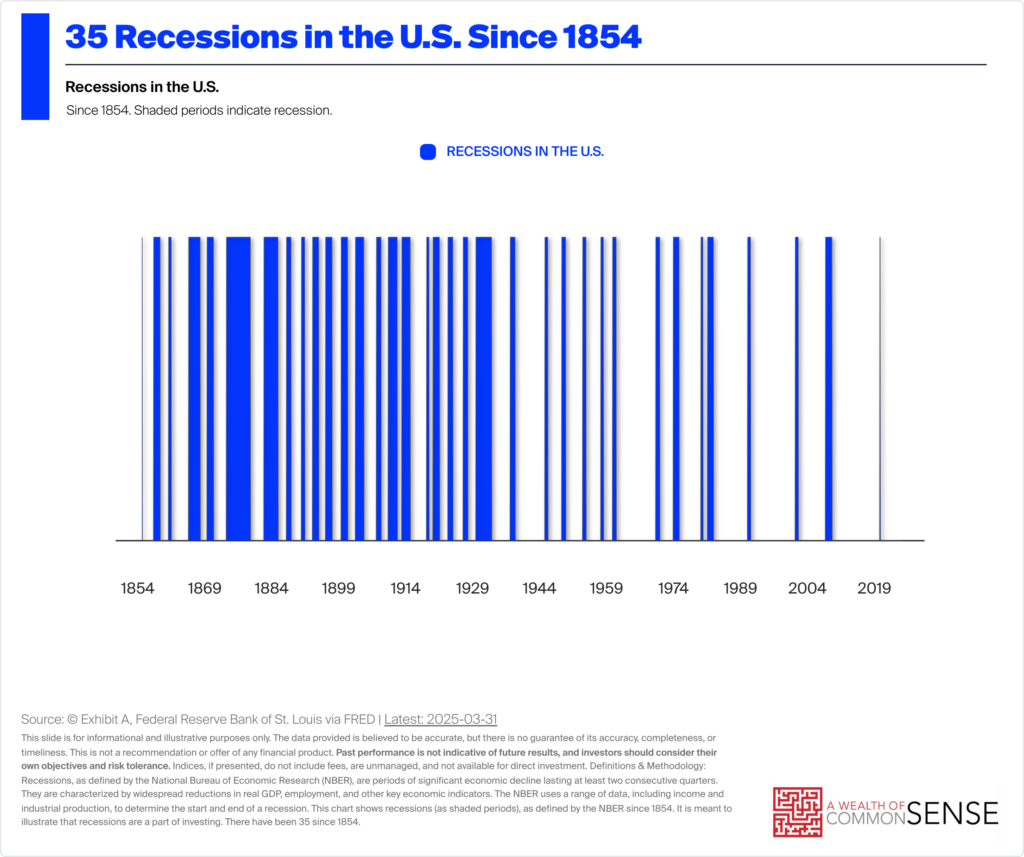Struggling discount retailer closing stores,
Avoiding Chapter 11 bankruptcy involves making some very tough decisions,.
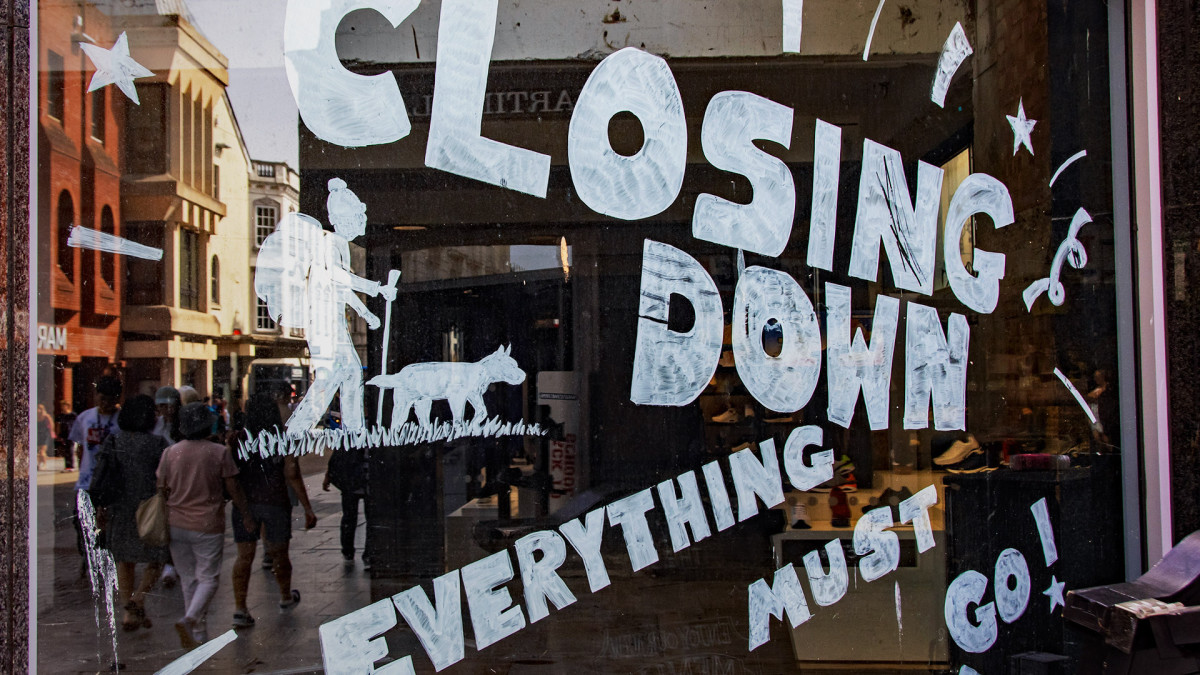
While discount retailers, including Marshall's, Ross Dress for Less, and Costco, have been dominant and seem well-positioned for the future, just offering low prices has not guaranteed success.
Christmas Tree Shops and Tuesday Morning both, for example, used a model similar to the one used by Marshalls as well as its sister brands TJ Maxx and HomeGoods. Those two chains failed, filed Chapter 11 bankruptcy, and eventually went out of business.
Related: Coca-Cola brings back soda Diet Coke fans loved
In fact, the past two years have been littered with failed businesses that used a variation of the discount model. Bed, Bath, and Beyond, for example, went through a lengthy struggle before being sold in a Chapter 7 bankruptcy, then reemerging as a digital-only player under new owners.
The list of 2024 Chapter 11 retail bankruptcies is long and includes many companies like Party Cirty and Zullilly, which did not survive. In other cases, including Joann and Big Lots, the retailers will continue to exist but will close stores and have serious doubts about their future.
Once a company files for Chapter 11 Bankruptcy protection, it loses control of its fate. Even when it has a plan, it still needs the bankruptcy court to sign off, and even well-planned efforts sometimes fall apart.
That's why Kirkalnd's, a discount home decor and furnishings retailer, has been racing to control its expenses and manage its business to avoid a bankruptcy filing. Image source: Benedikt Geyer from Pixabay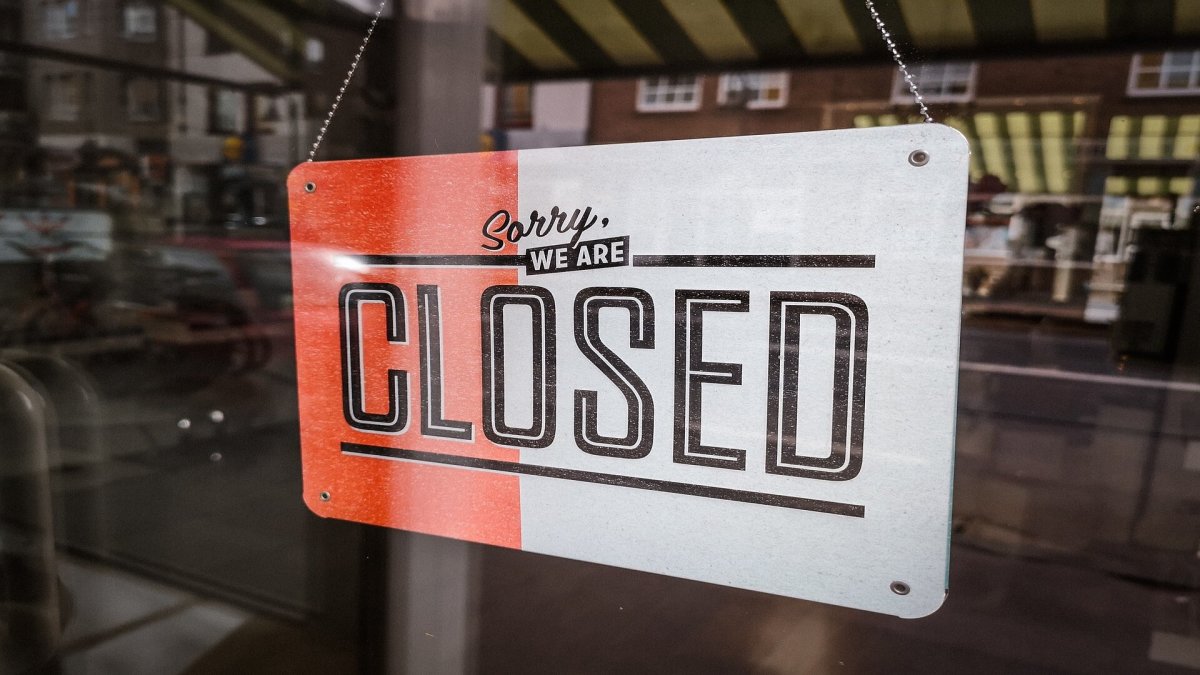
Kirkland's has been struggling
While Kirkland's (KIRK) may not be the most familiar retail name in the U.S, the company has a surprisingly large footprint. The chain operates 317 stores in 35 states as well as an e-commerce website, kirklands.com.
"Under the Kirkland's Home brand. The company provides its customers an engaging shopping experience characterized by a curated, affordable selection of home décor and furnishings along with inspirational design ideas. This combination of quality and stylish merchandise, value pricing and a stimulating in-store and online environment provides the company's customers with a unique brand experience," the retailer shared on its website.
The retailer has been struggling and recently shared its fourth quarter results.
"For the fourth quarter of fiscal 2024, the company expects net sales of approximately $148 million and a consolidated comparable sales decline of approximately 0.6%, inclusive of comparable store growth of 1.6% and an e-commerce decline of 7.9%, compared to the fourth quarter of fiscal 2023," the company shared in a press release.
More Retail:
- Target’s latest policy change sparks massive boycott threat
- Bounty, Tide, Dawn owner issues stern warning about its pricing
- GameStop makes a drastic move amid weak sales
Kirkland's, however, did make money.
"In addition, the company expects net income of approximately $7.9 million, diluted earnings per share of approximately $0.50, reflecting a total share count of approximately 15.8 million shares, and adjusted EBITDA of approximately $12.0 million," it added.
The chain, however, does have some meaningful financial concerns.
"As of February 17, 2025, the company had $41.9 million of outstanding borrowings and letters of credit under its revolving credit facility, with availability of $8.2 million after the minimum required availability covenant, and $8.5 million in debt to Beyond, Inc.," Kirkland's shared.
Kirkland's closing stores
Kirkland's CEO Amy Sullivan has made it clear that the company will make tough choices. She has made it clear that the company will improve or eliminate underperforming assets.
"Following a comprehensive review of our entire store footprint, we have identified an initial list of approximately 6% of our stores that do not meet our profitability standards in their current format, and we are aggressively taking actions to address these stores. Such actions include strategically converting stores to a more margin-accretive brand, augmenting the assortment strategy to drive improved profitability through the term of the lease, and closing select locations to ensure our real estate investments align with our new standards," the company shared,
The evaluation process has not ended.
"As part of our ongoing transformation, we will continue to eliminate or convert underperforming assets to drive revenue growth and improve the profitability of the company," it added.
Sullivan also plans to focus on improving the chain's online sales performance. That includes an expanded partnership with Beyond.
"Through our collaboration with Beyond, we intend to leverage their expertise and partnerships to enhance site experience and improve conversion, while our internal team prioritizes profitability. With clear line of sight from our holistic channel analysis, we have begun strategic actions including eliminating SKUs that do not meet margin standards after shipping, handling and returns," it added.
Related: Walmart issues stern warning about unexpected customer behavior
